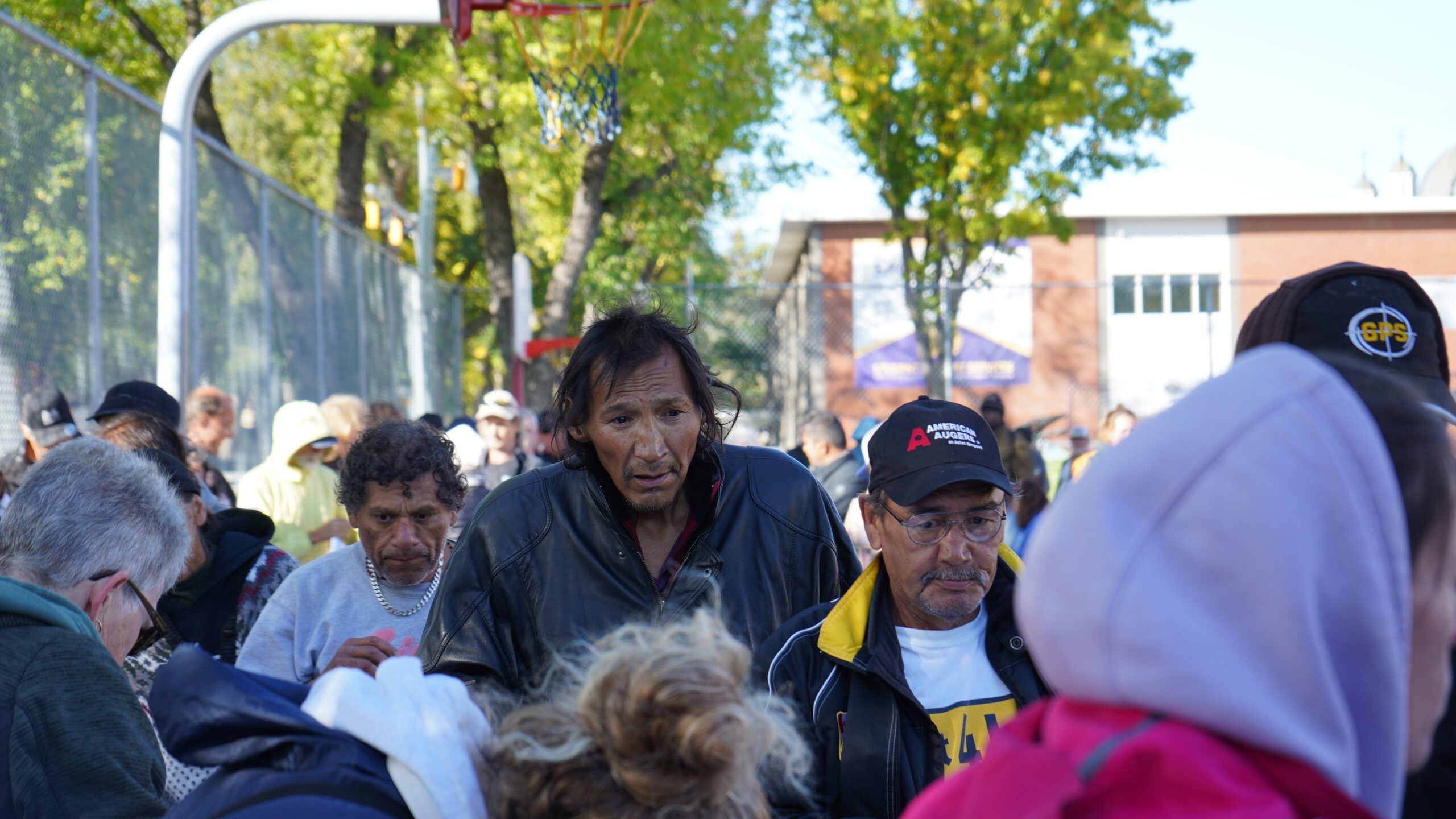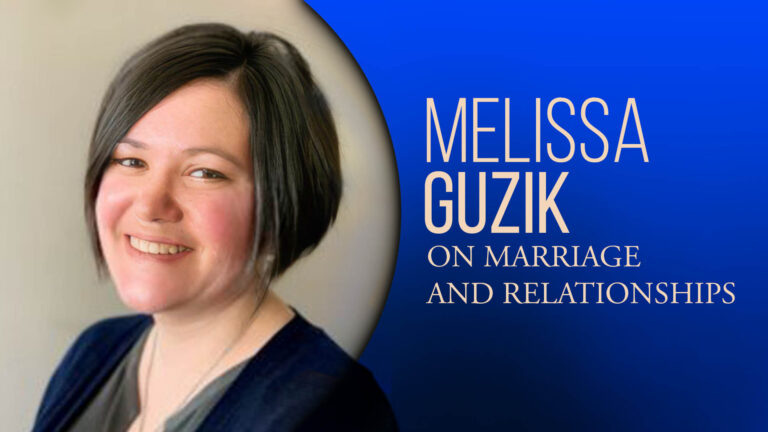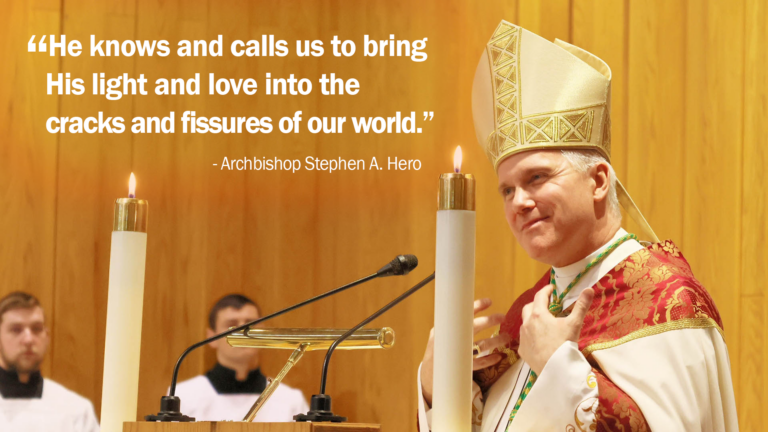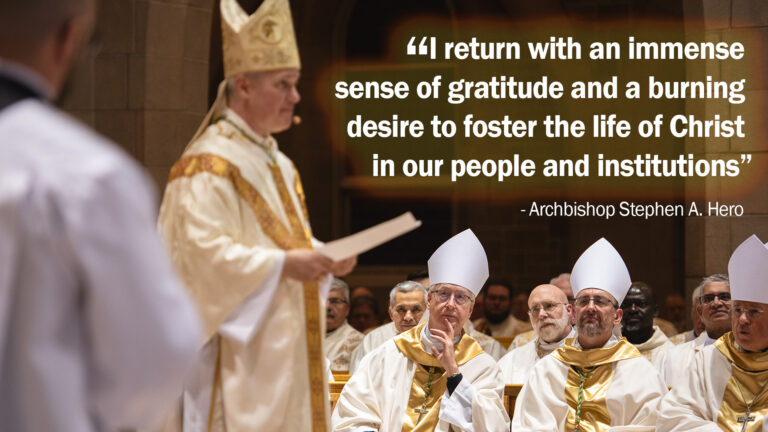Jenny Connelly – Archdiocese of Edmonton
There is something exciting happening on the historical “Church Street” of Edmonton, Alberta.
Sacred Heart Church of the First Peoples hosted an event called Church Street: Hope and Healing Encounter, an opportunity to share faith and help those in need.
The event took place on 96 Street in downtown Edmonton, also known as “Church Street” because of the 12 churches and 1 Buddhist temple which populate the street.
The outdoor event, located in the park beside Sacred Heart Church, included a free breakfast for those less fortunate, a time of Christian worship music, Christian prayer ministry led with the intention of healing prayer.
The main faith messages were proclaimed by both Fr. Susai Jesu, the lead pastor at Sacred Heart Church and Pastor Rodney Fortin, a leader from Edmonton’s Church In The Vine.
“The ‘Hope and Healing’ event that took place in the park next to Sacred Heart [Church] represents a good example of practical ecumenism. Our focus at this event was not to proselytize or fill any particular church but to minister to the people, most of whom were living close to the street,” said Fr. Mark Blom, associate pastor of Sacred Heart Church of the First Peoples.
The fact that the different churches were involved in a common project and not ministering with a view to increasing their particular church is a sign that speaks for itself,” Father Blom said.
“Like other family gatherings, there can be a bit of nervousness when members of different churches gather, because we are often more conscious of how we are different from each other. But when we have a common project to focus on, we deepen our experience of communion.”
William Smiley, a member of the Anglican Ordinariate Church of St. Benedict and the main organizer of the event, shared that the Hope and Healing Encounter is part of a larger dream for the historical area of Church Street.
“In the early 1900s, this street was the spiritual heart of the city, the heart of worship in this city. It has become a heart of darkness, with violence, crime and poverty everywhere,” Smiley said. “God wants this street back, to reclaim it for the Kingdom! To become a place of healing and deliverance.”
Pastor Rodney Fortin from Church In The Vine shared the main Gospel message at Saturday’s Hope and Healing Encounter.
Fortin shared his own story of accepting Jesus as his saviour and then invited people to come forward for prayers of healing and an opportunity to offer their life to Christ, if they had not already.
In addition to being an ecumenical event, the Hope and Healing Encounter also provided food for more than 100 members of the community who are facing hard times.
Theresa Yatsallie, who is Dené from northern Alberta, is one of those community members who came to the Hope and Healing Encounter for the provided meal and time of fellowship. At 68, Theresa is two years sober. She said that it was the grace of God that led her to become free of alcohol addiction. Attending Saturday’s event was a source of joy for her.
“I came today because I want to feel the happiness, the true happiness. . . to meet more people and praise God, to say thank you, thank you for what he has done in my life,” Yatsallie said. “The Lord tells me that ‘you are doing great, I’m so proud of you!’”
Sacred Heart Church, the host of the Hope and Healing event, is a National Indigenous parish. It is at the heart of the local Catholic Archdiocesan work of Truth and Reconciliation with Indigenous communities.
Sacred Heart hosted Pope Francis when he came to Edmonton in July of this year as part of his “pilgrimage of penance” and it seeks to serve the Indigenous communities of Edmonton by providing material and spiritual care for those in need.
The Hope and Healing event brought different Christian churches together to continue the work of renewing the Christian relationship with Indigenous people, especially those impacted by Canada’s residential school system.
How does this gathering of churches connect to truth and reconciliation?
“When Christians draw closer to people who have become homeless, addicted to drugs and have untreated mental health problems, there are consistent patterns of causality,” Father Blom explained.
“One of these causes is the trauma from the disruption of family life for generations of students who went to residential schools. This pain and alienation continues to reverberate among many people that we see struggling on our streets and has a connection to historical government legislation and the work of some Christian churches.”
Father Blom added: “It is very important that the churches respond to those who were wounded by those who worked in the name of a Christian church for the government. We need not feel shy about naming this … When we do this we are living out the prophetic tradition of the People of God.”
Sacred Heart Church will continue to host initiatives of healing and hope in the future. This includes their ongoing distribution of food to those in need on a weekly basis. Contact the parish office if looking for more information.




